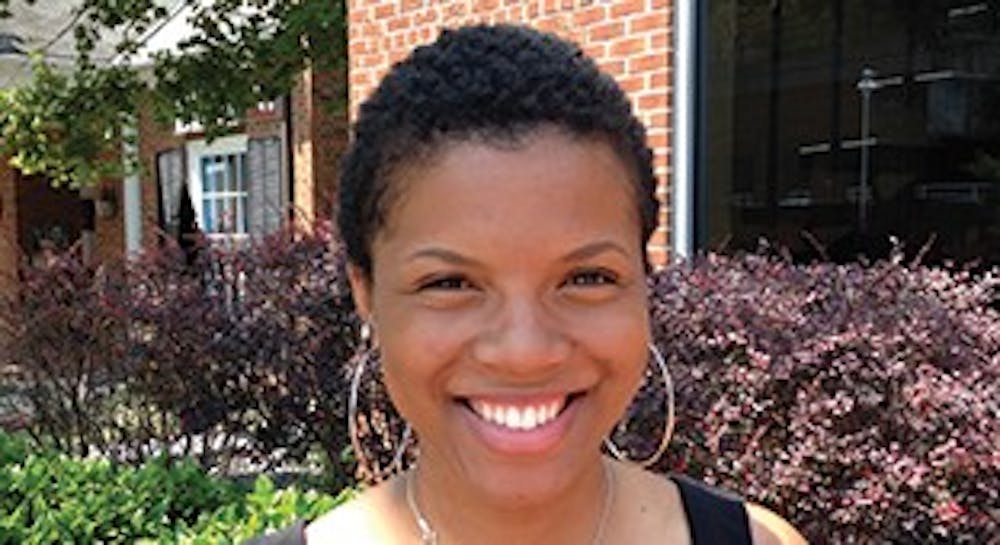Harriet Tubman, Sojourner Truth, Frederick Douglass, Martin Luther King Jr., Malcolm X, Rosa Parks and Wilma Rudolph.
That was my Black History Month from kindergarten to eighth grade. Each February, the halls of my school were filled with decorations. Our morning announcements even featured fun Black history facts.
It wasn’t until my 11th grade class, history of the Americas, that I first heard of Marcus Garvey, Denmark Vesey and Nat Turner. I only took the class because it was required for all IB students. At that point in my life, I celebrated the same people and the same stories for 16 years.
Our history is complex but standardized education, mass media and even celebrations are oftentimes limiting.
Each Black History Month is the same.
Is Black History Month necessary? Absolutely. But it is not nearly as comprehensive as it should be. Now, it would be impossible to cover each and every aspect and individual that has contributed to the extensive, rich culture of black history, but there must be an effort to do more.
I learned how to sew and about the life of Anne Frank in elementary school before I learned about Addie Mae Collins, Denise McNair, Carole Robertson and Cynthia Wesley.
There is no individual to blame, per say. It’s more institutional. History more than just his-story. An unavoidable aspect of the culture of education in America is “his” determination of what and who is important enough to explore.
But “he” isn’t the only person to blame. There’s a reason why more people recognize the name Rosa Parks than Claudette Colvin.



